Reverse Osmosis system for expanding hydroponics setup...
vivaciouswoman
15 years ago
Related Stories

HEALTHY HOMEHow to Choose a Home Water Filtering System
Learn which water purification method is best for your house, from pitchers to whole-house setups
Full Story
HOME OFFICESStand-Up Desks Rise to Health Challenges
Sitting all day may be wrecking your health. Are you going to stand for that?
Full Story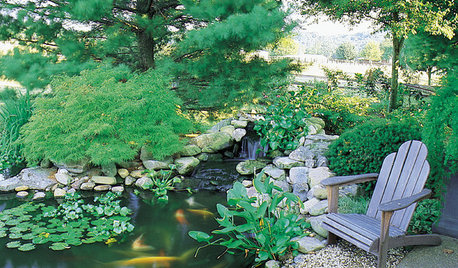
GARDENING AND LANDSCAPINGHow to Make a Pond
You can make an outdoor fish paradise of your own, for less than you might think. But you'll need this expert design wisdom
Full Story
SAVING WATER11 Ways to Save Water at Home
Whether you live in a drought-stricken area or just want to help preserve a precious resource, here are things you can do to use less water
Full Story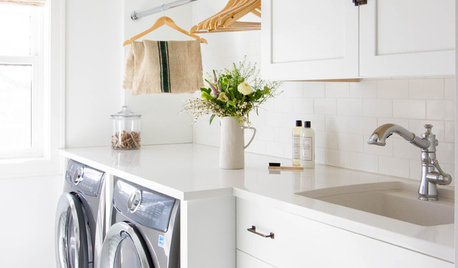
MOST POPULARHow to Remodel the Laundry Room
Use this step-by-step guide to figure out what you want and how to make it happen
Full Story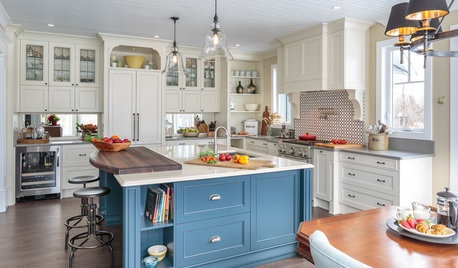
KITCHEN DESIGNThe Most Popular Kitchen Storage Ideas of 2015
Maximizing every inch, keeping necessities close at hand and finding room for technology top Houzzer favorites
Full Story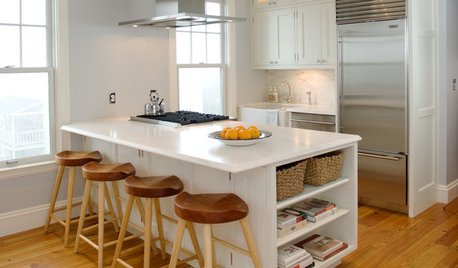
KITCHEN DESIGN20 Kitchen Must-Haves From Houzz Readers
We asked you to tell us your top kitchen amenities. See what popular kitchen features made the list
Full Story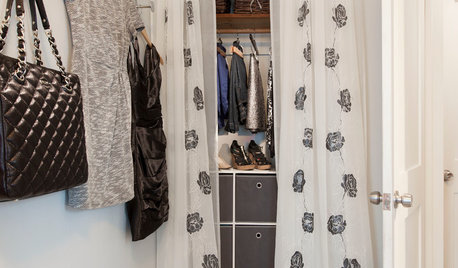
STORAGEClosets Too Small? 10 Tips for Finding More Wardrobe Space
With a bit of planning, you can take that tiny closet from crammed to creatively efficient
Full Story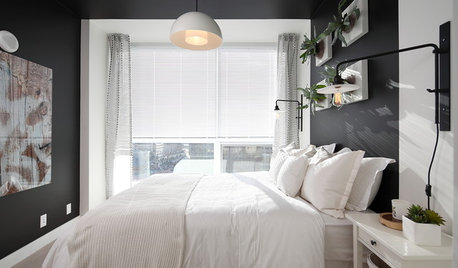
BEDROOMSRethinking the Master Bedroom
Bigger isn’t always better. Use these ideas to discover what you really want and need from your bedroom
Full Story
REMODELING GUIDESRenovation Ideas: Playing With a Colonial’s Floor Plan
Make small changes or go for a total redo to make your colonial work better for the way you live
Full Story





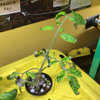
vivaciouswomanOriginal Author
greystoke
Related Professionals
Arlington Landscape Contractors · Surprise Landscape Contractors · Biloxi Landscape Contractors · Gloucester Landscape Contractors · Golden Landscape Contractors · Palm Beach Gardens Landscape Contractors · Ponte Vedra Beach Landscape Contractors · Quincy Landscape Contractors · Ringwood Landscape Contractors · Southbury Landscape Contractors · Sugar Hill Landscape Contractors · Webster Groves Landscape Contractors · Whitehall Landscape Contractors · Chicago Ridge Landscape Contractors · Crowley Landscape Contractorsfreemangreens
joe.jr317
willardb3
sdrawkcab
vivaciouswomanOriginal Author
freemangreens
greystoke
vivaciouswomanOriginal Author
sdrawkcab
grizzman